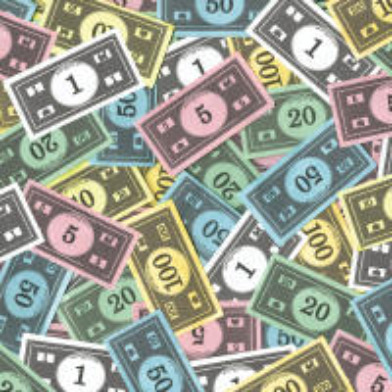 BART board members weighing a plan to increase both fares and parking rates at a meeting in Oakland today said the proposal appeared to be unfair to those who park and ride.
BART board members weighing a plan to increase both fares and parking rates at a meeting in Oakland today said the proposal appeared to be unfair to those who park and ride.
The fare program currently before the board would continue a program of inflation-based increases through 2020, BART officials said today. Riders could expect to see an approximately 5.2 percent increase in 2014, and estimated increases of around 3.9 percent in 2016, 2018 and 2020.
The regular fare increases would generate estimated additional revenue of $325 million between 2014 and 2021, officials said.
BART officials are also considering an increase in parking rates at busy lots. Daily parking rates could increase by 50 cents every six months, with a possible cap of $2 or $3, under the current proposal.
BART’s parking rates, particularly its long-term and airport parking, remain well below those of other comparable agencies, according to staff. Several BART directors noted today, however, that the proposed parking rate increase penalizes those who drive to the station.
“If we go with the combination of CPI increases and parking charges, the average rider will have an increase of 5.2 percent, and if you drive you get an increase of almost 10 percent,” Board member Joel Keller said.
“I don’t think what’s proposed today is fair to all our riders,” Keller added.
A random BART survey indicated around 35 percent of riders drive to stations, staff said today.
Board members said more options, such as shuttles or improved transit access, were needed for those who otherwise had little choice but to drive to stations.
At least one public comment, however, suggested that some drivers would accept an increase in parking rates if it made it easier to find a spot.
“We would be in favor of moving toward a more demand-based and simplified parking system,” said Jessica Zink, with the Silicon Valley Leadership Group.
“The number one reason that people in the South Bay cite to me for not taking BART is uncertainty about finding parking,” Zink said. “For the majority of people who drive and park, income is not really an issue, the issue is access.”
Several members of the board also asked for further analysis of options for peak-hour fare pricing, particularly for the busiest stations in downtown San Francisco.
BART staff indicated that other fare options such as peak period fares would require at least six months of study before they could be implemented.
Fares cover around 70 percent of BART’s operating costs, according to BART officials. Parking currently produces around $15.6 million annually in revenue and costs around $21.7 million to operate.
A board vote on fare proposals will occur at a later meeting.
Want more news, sent to your inbox every day? Then how about subscribing to our email newsletter? Here’s why we think you should. Come on, give it a try.









